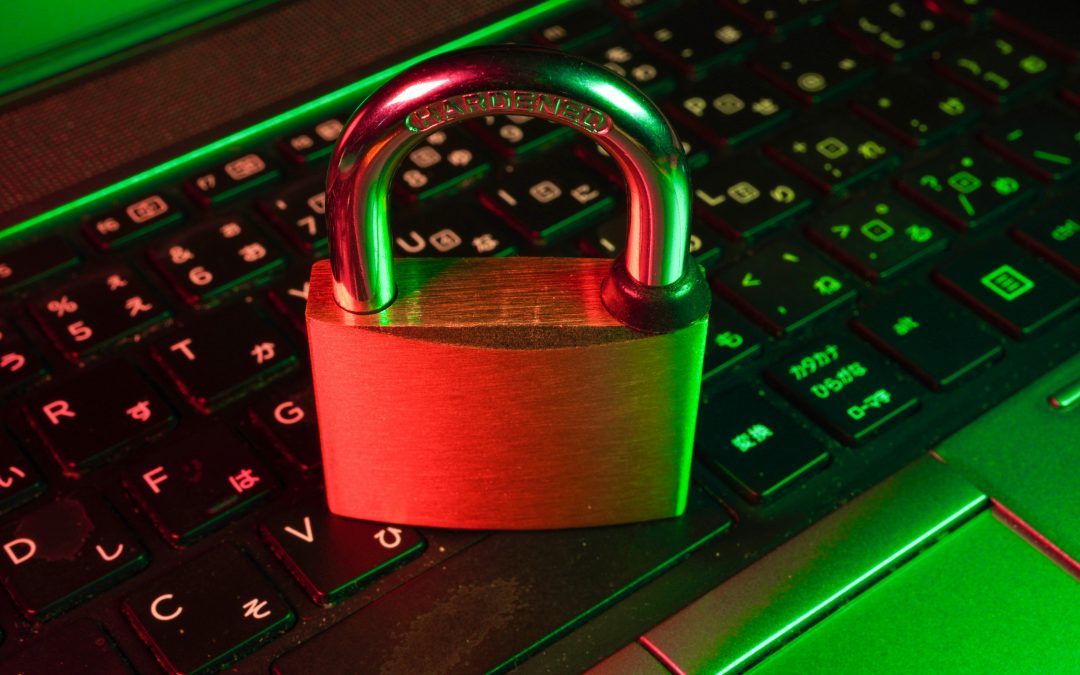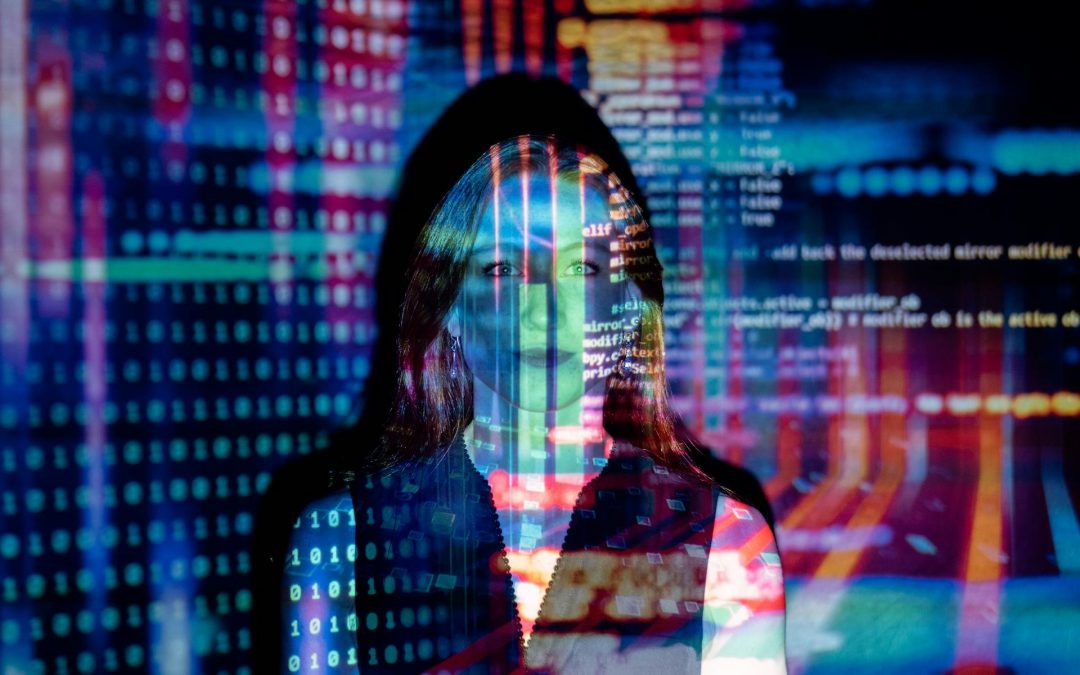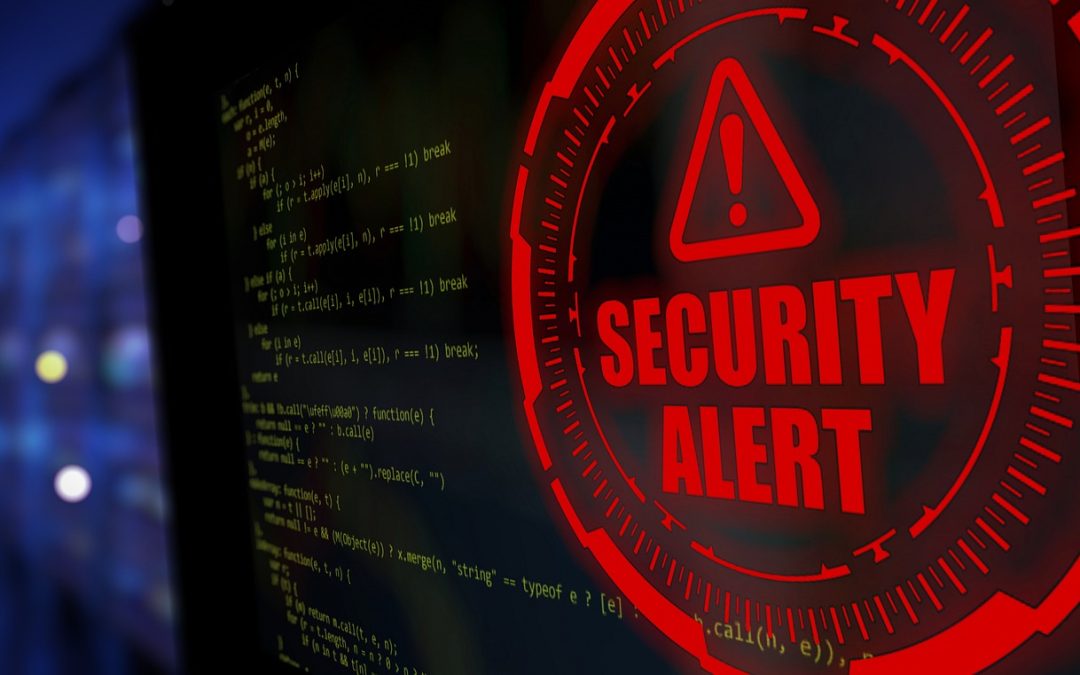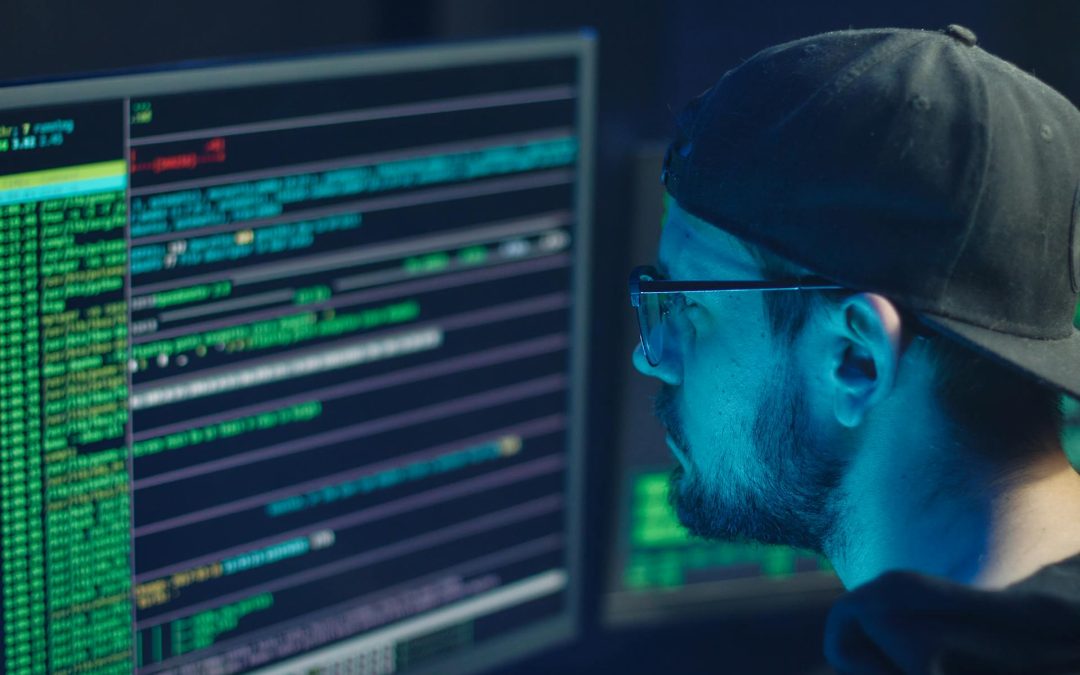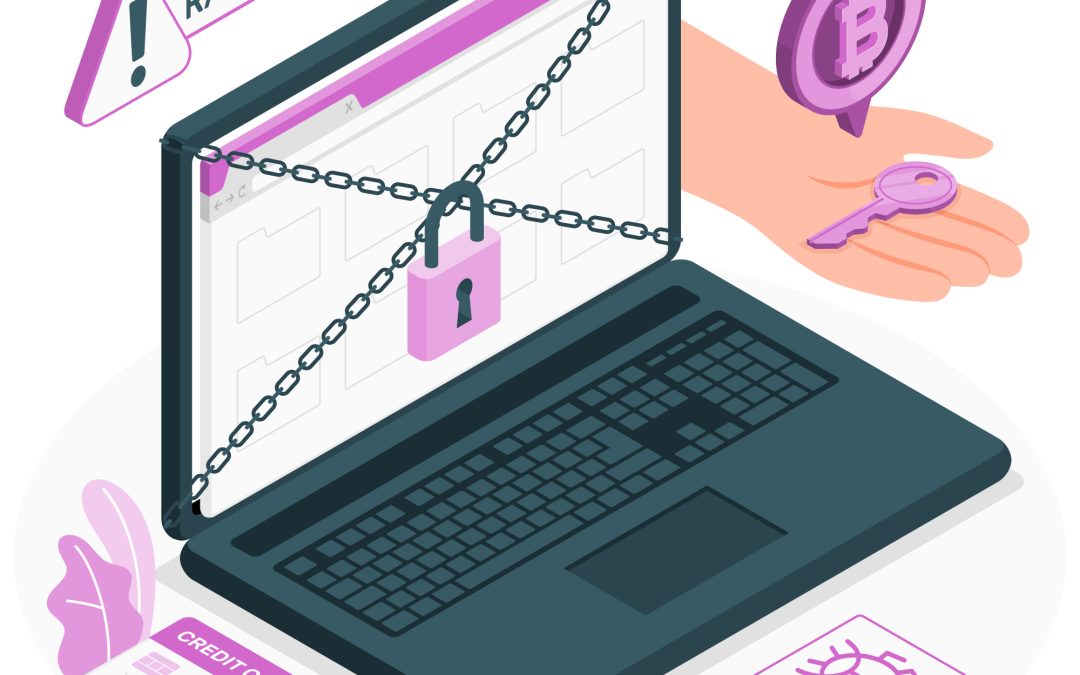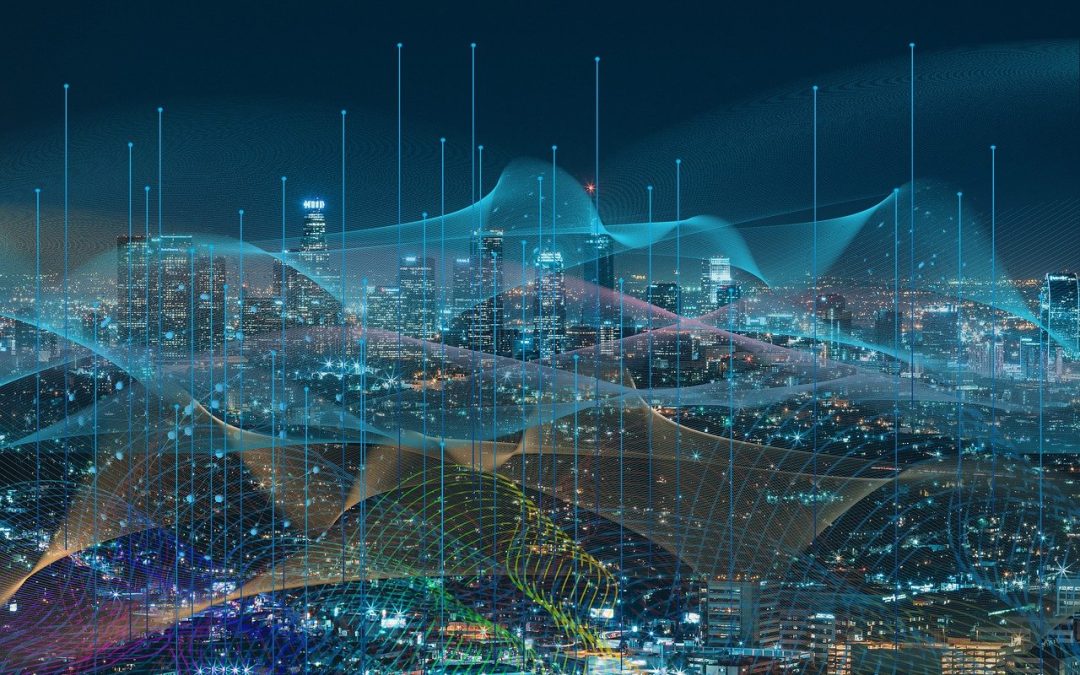La cybersécurité dans le secteur industriel est aujourd’hui plus importante que jamais. Selon une étude menée par Wavestone pour le Baromètre de l’industrie 4.0 de 2022 et 2025, 33 % des entreprises industrielles ont déjà subi des dommages à la suite d’une cyberattaque, et 84 % estiment que la cybersécurité est vitale pour le succès de leurs projets. Ce chiffre témoigne de l’importance de sécuriser les infrastructures numériques des entreprises industrielles, de plus en plus connectées et vulnérables aux attaques informatiques.
Cybersécurité dans l’industrie : quels enjeux ?
La transformation numérique des industries a apporté de nombreux bénéfices, notamment l’automatisation des processus, l’analyse de données en temps réel et l’amélioration des performances globales. Cependant, elle a également élargi la surface d’attaque des cybercriminels. Les équipements industriels, souvent connectés à des réseaux externes, peuvent devenir des cibles vulnérables.
En effet, une cyberattaque réussie peut provoquer des interruptions de production, des fuites de données sensibles, voire des menaces pour la sécurité physique des employés. Les systèmes de contrôle industriel (ICS), les réseaux SCADA et les objets connectés (IoT) utilisés dans les usines sont particulièrement exposés aux cybermenaces, car ils sont souvent moins sécurisés que les infrastructures informatiques traditionnelles. Par conséquent, un manque de cybersécurité peut engendrer des pertes financières et affecter gravement la réputation des entreprises.
Certaines attaques récentes montrent l’ampleur des dommages possibles et la nécessité de renforcer la cybersécurité industrielle.
Par exemple, l’attaque Triton contre Schneider Electric, survenue fin 2017, a marqué un tournant dans l’histoire de la cybersécurité industrielle. Pour la première fois, des hackers ont réussi à prendre le contrôle du système de sécurité d’un site pétrochimique en Arabie Saoudite et ont mis en danger la sûreté des opérations. Cette attaque innovante a infiltré le système de contrôle-commande d’une usine en utilisant l’infrastructure IT sur place comme point d’entrée. En exploitant les technologies opérationnelles (OT) et informatiques (IT) de l’usine, les cybercriminels ont démontré la vulnérabilité des réseaux interconnectés.
De la même manière, l’attaque NotPetya en juin 2017 a causé des dommages financiers massifs à plusieurs grandes entreprises mondiales, dont Saint-Gobain, en France. Ce ransomware a provoqué l’arrêt des systèmes, entraînant une indisponibilité des installations industrielles de l’entreprise pendant plusieurs jours. Les pertes financières pour Saint-Gobain ont été estimées à environ 250 millions d’euros.
Lire aussi : 4 cyberattaques de légende qui ont marqué les esprits
Protéger ses équipements et projets : comment mettre en place un système de cybersécurité industrielle ?
Pour réduire les risques de cyberattaques et protéger les systèmes critiques, les entreprises industrielles doivent déployer des solutions de cybersécurité adaptées à leurs besoins. Voici quelques bons gestes pour renforcer la cybersécurité dans l’industrie.
Installer des stations de décontamination USB
Les dispositifs USB sont souvent utilisés dans les environnements industriels pour transférer des données, mais ils représentent également une source de contamination par des logiciels malveillants. Une station de décontamination USB permet de vérifier chaque périphérique USB avant son insertion dans un équipement industriel, en détectant et en supprimant d’éventuels virus ou malwares. Ces stations peuvent être installées aux points d’entrée des réseaux pour s’assurer qu’aucun périphérique infecté ne vienne compromettre le système.
Pour renforcer leur sécurité, les industries peuvent donc protéger l’ensemble de leurs supports amovibles en installant une ou plusieurs bornes de décontamination, comme celles proposées par TYREX. En analysant les périphériques USB, nos stations blanches détectent et éliminent les menaces, assurant ainsi des connexions sécurisées.
Mettre en place des antivirus
L’utilisation d’antivirus peut sembler évidente, mais dans le secteur industriel, elle est parfois négligée. Un antivirus adapté aux environnements industriels doit être capable de détecter des menaces spécifiques aux systèmes de contrôle et aux équipements connectés.
Il est aussi primordial que les mises à jour de l’antivirus soient régulières pour maintenir un haut niveau de protection. Les antivirus modernes incluent souvent des fonctions de détection de comportements anormaux, ce qui permet d’identifier des malwares inconnus et des attaques « zéro-day ».
Choisir un serveur sécurisé
Les entreprises industrielles doivent privilégier des serveurs sécurisés, capables de gérer les données critiques et de résister aux tentatives d’intrusion. Un serveur sécurisé garantit l’intégrité des données et permet de limiter les accès aux personnes autorisées uniquement.
En outre, il est important de déployer des solutions de segmentation de réseau, afin de limiter la propagation d’une éventuelle intrusion dans l’ensemble de l’infrastructure. La segmentation permet de contenir une attaque et de protéger les parties essentielles du système en cas de défaillance de sécurité dans un secteur du réseau.
Sensibiliser le personnel à la cybersécurité industrielle
Enfin, les employés jouent un rôle central dans la cybersécurité industrielle. Les erreurs humaines constituent une grande part des failles de sécurité. Des formations régulières doivent être mises en place pour aider les employés à :
- comprendre les risques cyber,
- reconnaître les tentatives de phishing
- utiliser les outils de manière sécurisée.
Une culture de cybersécurité bien ancrée dans l’entreprise est une des meilleures défenses contre les cyberattaques.


